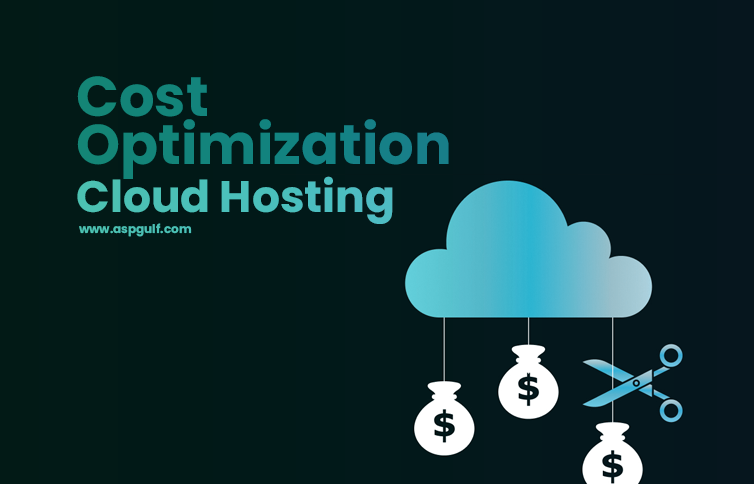GDPR is a Game-Changer for Business
We perceive a new way to complete a task that is more efficient than the traditional methods, innovations open up a new avenue of growth and transform the image of the business. Big leaders with big ideas are normal throughout the business world as every manager strives to become a game changer in their respective field. Visionary leaders with game-changing ideas continue to create innovative new paths to change the status quo. While it takes time, determination, and the ability to ride out the uncertainties that your company will face along the way.
General Data Protection Regulation – GDPR is an effort by the EU to bring their data & privacy protection laws up to date, this regulation is a set of laws that catches up with the evolving methods of data collection, data use and affects everyone.
The GDPR is about processing personal data and if you collect personal data from anyone in the EU, then you are required to be GDPR compliant, this includes both processing and storing of personal information, it does not prevent you from collecting personal data, it only requires that you state the kind of information that you collect and make it simple and legible for users to understand.
The GDPR also states that it is mandatory to get the consent of the user to their personal information. The user also has to give their consent to the kind of communication that they would like to receive from your business. The changes as a result of being GDPR compliant is significant, as a result of this you have to make some internal changes to remain compliant with the GDPR.
Privacy by Design – GDPR elevates the requirement to embed privacy protection, control and portability into experiences that collect personal data and usage consent. Doing so successfully we have to entail a multidisciplinary approach that will include crafting clear communications regarding consent, designing intuitive user flows and governing how information flows through to the systems that orchestrate each
Besides the harmonization of the legal framework, the GDPR has three objectives:
- The GDPR increases the rights of individuals.
- The GDPR strengthens the obligations for businesses.
- The GDPR increases the possible sanction in the event of non-compliance with the law.
Data protection regulators can impose fines of up to €20,000,000, or 4% of the total global revenue. Furthermore, the regulator has the option to impose a ban on data transfer, class action lawsuits can be started, and companies can suffer enormous reputational damage.
“Everyone has the right to the protection of personal data concerning him or her“
(Charter of Fundamental Rights of the European Union)
The purpose of the GDPR compliance is to ensure company meets requirements of the business, take the necessary measures for the preparation and compliance and to get your operations and processes ready for the GDPR. Use GDPR framework towards achieving the compliance, starting with an assessment as the foundation for the project, the information gathered from this phase is then used as a driver for the subsequent phases.
Key Requirements for GDPR:
-
Lawful, fair and transparent processing of Personal Data
The companies must process personal data in a lawful, fair and transparent manner, i.e. all processing should be based on a legitimate purpose, do not process data for any purpose other than the legitimate purposes, and inform data subjects about the processing activities on their personal data.
-
Limitation of purpose, data and storage
The companies are expected to limit the processing, and not keep personal data once the processing purpose is completed, i.e. forbid processing of personal data outside the legitimate purpose and data should be deleted once the legitimate purpose for which it was collected is fulfilled.
-
Data subject rights
Data subject has the right to ask for correction, object to processing, lodge a complaint, or even ask for the deletion or transfer of his or her personal data.
-
Consent
A clear and explicit consent is required from the data subject, the consent must be documented, and the data subject is allowed to withdraw his consent at any moment, also for the processing of children’s data, GDPR requires explicit consent of the parents or guardian if the child’s age is under 16.
-
Personal data breaches
The organisations must maintain a Personal Data Breach Register and, based on severity, the regulator and data subject should be informed within 72 hours of identifying the breach.
Shape your company data protection regime, which will make your company environment ready for the each steps for the GDPR compliance. The documents and reports for the preparedness and for the compliance, will demonstrate the company for its GDPR Complied regime and culture.
Steps to handle a data breach in GDPR.
-
Privacy by Design
Companies should incorporate organizational and technical mechanisms to protect personal data in the design of new systems and processes by default.
- Data Protection Impact Assessment The Data Protection Impact Assessment is a procedure that needs to be carried out when a significant change is introduced in the processing of personal data. This change could be a new process, or a change to an existing process that alters the way personal data is being processed.
-
Data transfers
The controller of personal data has the accountability to ensure that personal data is protected and GDPR requirements respected, even if processing is being done by a third party. This means controllers have the obligation to ensure the protection and privacy of personal data when that data is being transferred outside the company, to a third party or other entity within the same company.
-
Data Protection Officer
When there is significant processing of personal data in an organizations, the organizations should assign a Data Protection Officer, the DPO have the responsibility of advising the company about compliance with GDPR requirements, and to ensure the continuous validation of the GDPR Governance by periodically testing and reviewing the compliance levels and maturity.
-
Awareness and training
Organizations must create awareness among employees about key GDPR requirements, and conduct regular trainings to ensure that employees remain aware of their responsibilities with regard to the protection of personal data and identification of personal data breaches as soon as possible.
GDPR is a truly game-changing overhaul of European data protection laws that is going to impact every business, every individual and every member of public sector bodies in Europe. It will also impact businesses outside of Europe but who target European consumers and it is a law that is going to lead the standard for data protection, globally. It will include key new rights to better control for users of their personal data and imposes corresponding obligations on organizations that collect data, all of this is backed up by a new suite of enforcement powers for data protection authorities, including significant monetary fines.
GDPR will have a global impact on almost every organizations for both staff and contacts, also those outside the EU. The GDPR will be a differentiator, consumers will choose to do business with companies that are fully GDPR-compliant rather than with those that cannot guarantee the GDPR, It should be clear that non-compliance with the GDPR is not an option.
This means it is time for businesses, big and small across all sectors, to start complying now because it can’t be business as usual any longer.



